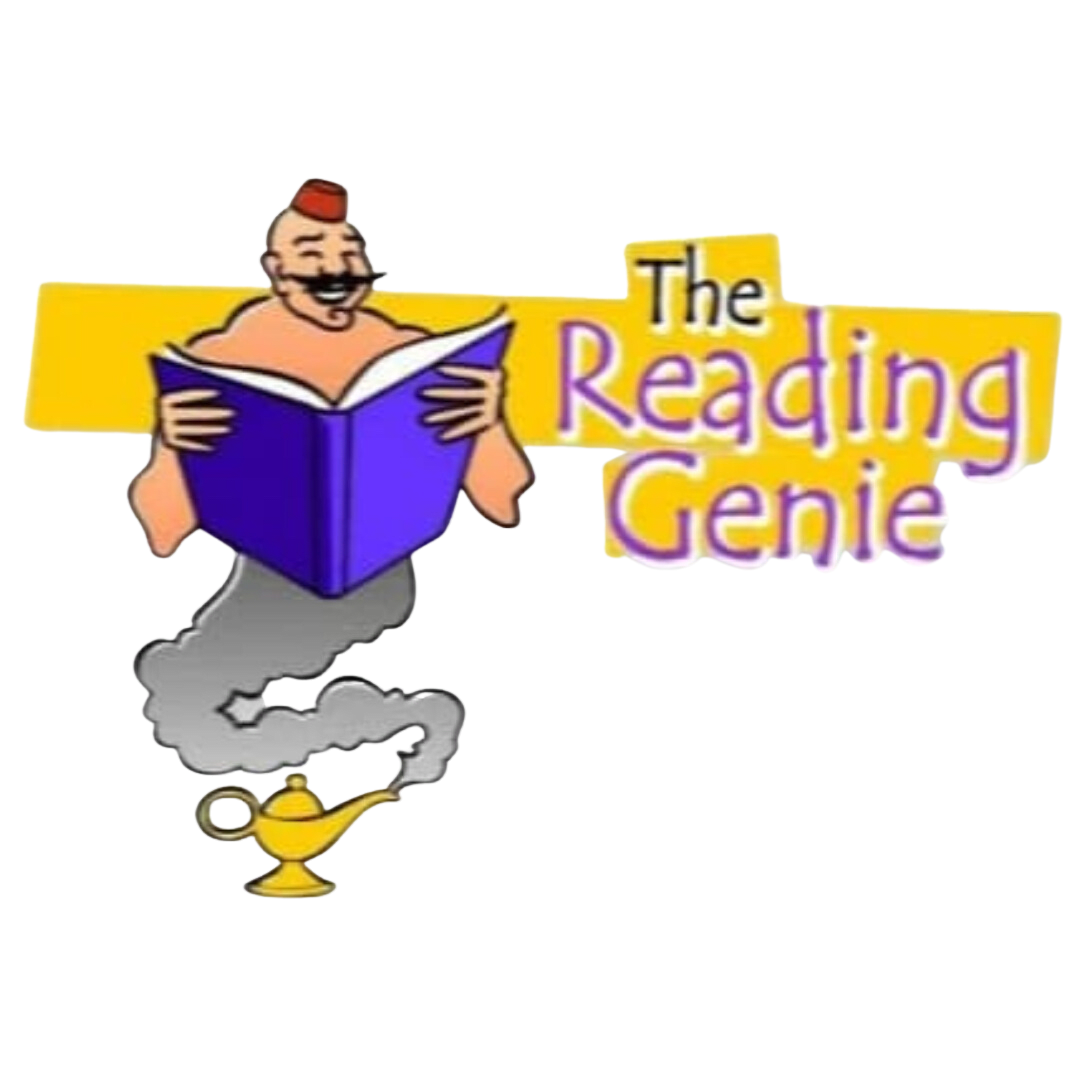Tongue Ticklers for Practicing Phoneme Awareness
Wallach and Wallach’s Tongue Ticklers
Use tongue ticklers like these to help children begin to identify phonemes in spoken words. Tongue ticklers are alliterations featuring a target phoneme at the beginnings of most words, where the phoneme is easiest to identify. By paying attention to how the phoneme “tickles” the tongue, beginners make the phoneme more memorable. For suggestions on how to use tongue ticklers in phoneme awareness instruction, click here.
- Andrew and Alice asked if Annie’s active animals were angry.
- Bill and Betty baked brown bread for Barbara’s baby.
- Carol and Claire can cook carrots, corn, cabbage, and candy.
- David’s daddy’s dog didn’t dig dirt in the dark.
- Everybody saw Eddie and the Eskimo enter the elevator on the elephant.
- The funny furry fly flew far to the flowers.
- Gary was glad to play games in grandmother’s green garden.
- Harry had a horrible headache and hated to hear Henry howl.
- The important Indian was ill with injuries inside the igloo.
- John got juice and jelly on his jacket when Judy jumped on him.
- Kenny wasn’t kind in kindergarten when he kicked Kate in the kitchen.
- Lisa lost the large lemon for the lizard Lenny loved.
- On Mondays Michael’s mother Mary mostly mopped.
- Nobody was nice to Nancy’s neighbor Nick, but he was never nasty.
- Oliver had an operation in October, and Oscar gave him an octopus.
- Peter Piper picked a peck of pickled peppers.
- “Be quiet,” said the queen quickly, “or I’ll quarrel with your question!”
- Ruth and Rachel ran after Richard’s rabbit in the rain.
- Sam said he was sorry he put salt in Sally’s sandwich.
- Tommy tricked Tim and took his train off the track.
- Uncle was upset because he was unable to put his umbrella up.
- Virginia visited Vicky and gave her violets and vegetables with vitamins.
- When the weather is warm we will walk with William in the wild woods.
- The excited experts explained that the extra X-rays were excellent.
- Yesterday you yelled in the yard for a yellow yo-yo.
- The zebra zoomed zig-zag in the zoo.
From Wallach, M. A., & Wallach, L. (1976). Teaching all children to read. Chicago: University of Chicago Press.
Special to the Reading Genie: Geri Murray’s Tough Tongue Ticklers for Long Vowels and Other Vowels
Vowel phonemes can be tough to identify because they are typically found in the middles of words. Tongue ticklers make vowels easier to identify by placing them at the beginnings of most of the words in an alliteration. However, relatively few words begin with vowels, making vowel tongue ticklers hard to write. Geri Murray contributed this original collection.
Long vowel tongue ticklers:
- Abe the ape ate Amy’s acorn.
- Eagles eat electric eels easily.
- Ike’s ivy island is icy.
- Opie owns an old oak oboe.
- Ulysses usually uses union U-boats.
Other vowel tongue ticklers:
- Our owl in the outfield is an outcast.
- Austin is an awful author in Australia.
- Oodles of oolong oozed from the oomiak. (An oomiak is a long Eskimo boat like a canoe.)
- Orba ordered orange orchids for the orchestra.
- Arnie and Arthur are army archers.
- Ernie had an early urge to irk Irving.
Get in Touch With The Reading Genie
Have questions, need assistance, or want to explore the world of decodable stories with us? Fill out the form below, and we'll be delighted to assist you on your reading journey! And we'll get back to you soon
Get in Touch
Send us an email
[email protected]